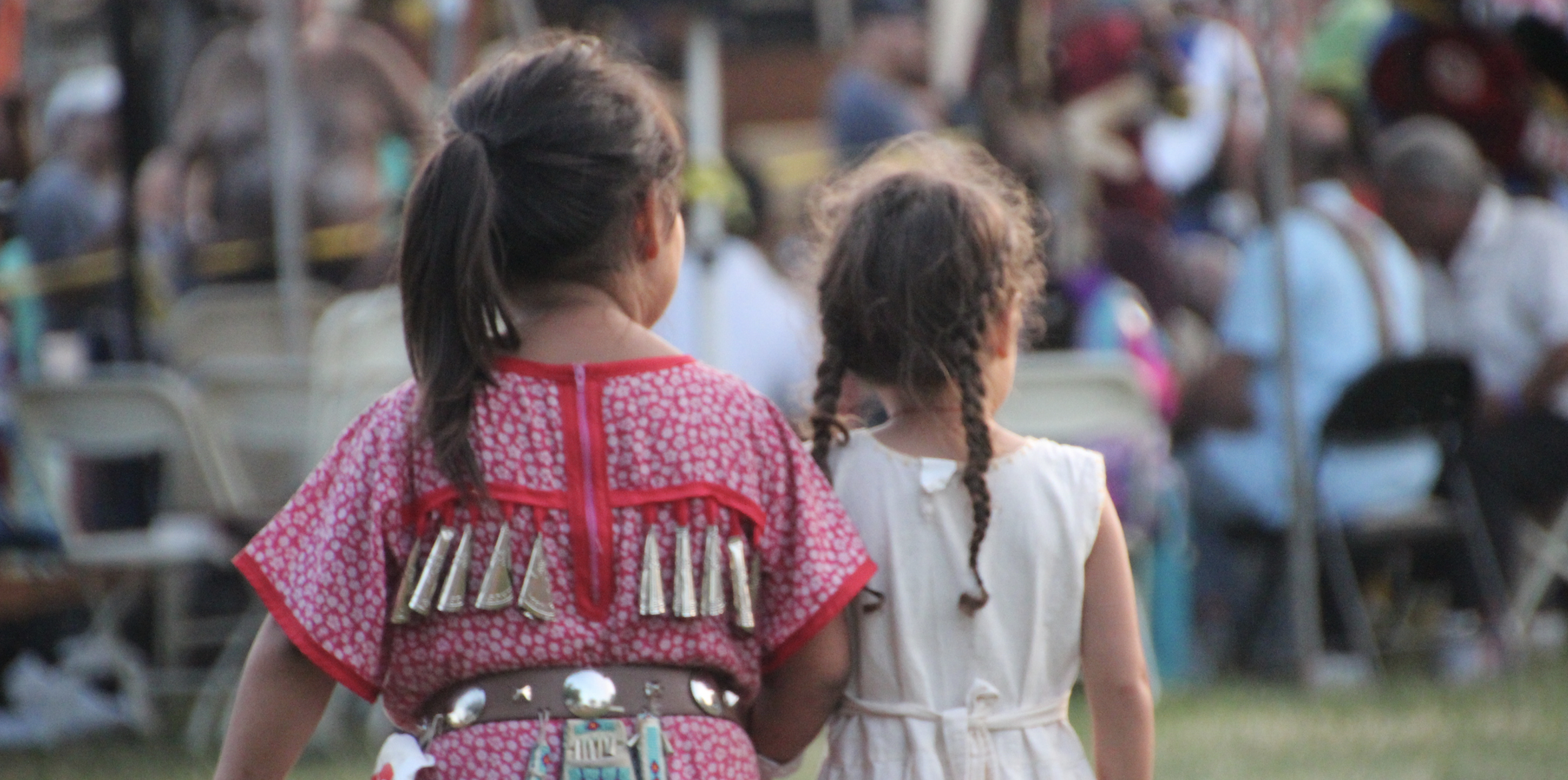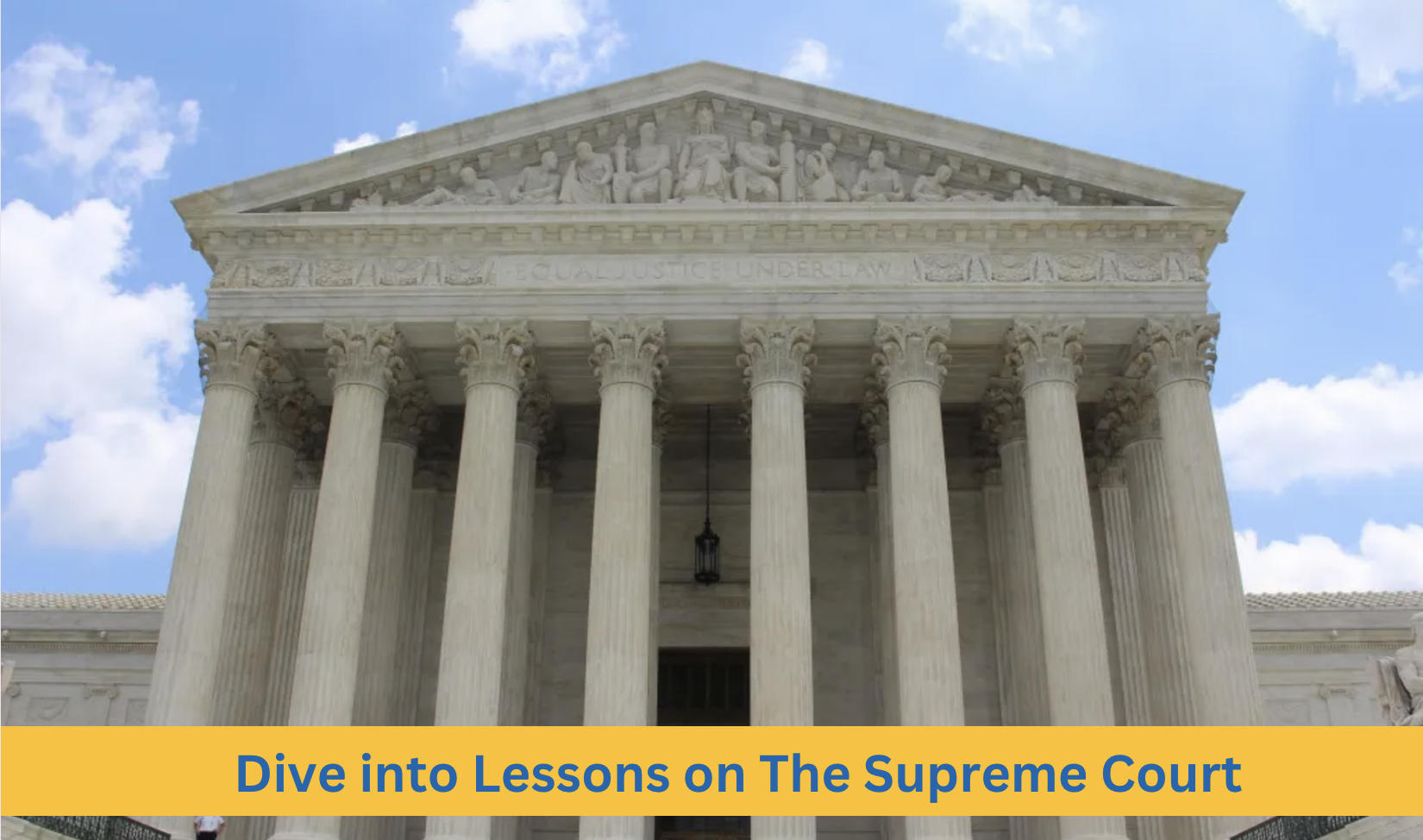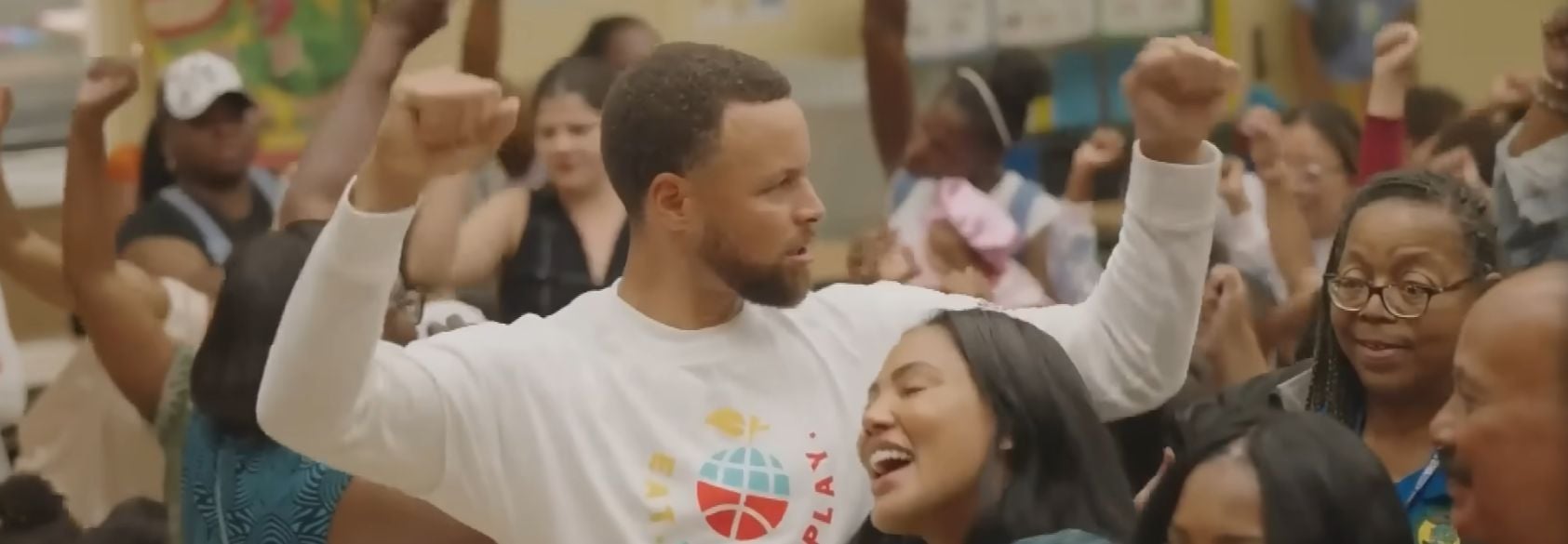During the hearing, Justice Kagan said, “The first thing you need for self government is a functioning polity,” and that Congress clearly “thinks that this statute is critical to the continuing existence of the tribe as a political entity.”[65] In response, the Brackeens’ lawyer said that placing a Native American child with a white family wouldn’t change the child’s membership or reduce the size of the tribe.[66]
- How important do you think it is for Native American tribes to be given first preference to foster and adopt children that could be considered tribal members? Why do you think that?
- How important do you think it is for Native American children to be raised by extended family members or other members of their tribe? Why do you think that?
Should state governments, the federal government, or tribal governments have primary jurisdiction over Native American children? Why?
Do you think the ICWA should stay in place as it currently exists? Consider the following questions:
- Do you think the ICWA infringes on states’ rights to run their own adoption and custody systems? Why or why not?
- Do you think that having the federal government make laws about American Indian children is the best way to protect tribal rights? Why or why not?
- Does it discriminate against families like the Brackeens if a Native American child’s extended family gets preference over them to foster or adopt? Why or why not?
- Does it discriminate against families like the Brackeens if a Native American child’s tribe gets preference over them to foster or adopt? Why or why not?
- Does it discriminate against families like the Brackeens if a Native American tribe receives preference over them to foster or adopt a Native American child from a different tribe? Why or why not?
Read the following two quotes to determine with which you agree more: “The precedent of the Supreme Court is that Indian tribes are political groups of people, they are not racial groups of people,” Chrissi Ross Nimmo, the deputy attorney general of Cherokee Nation, told reporters last month. “Tribes determine citizenship … just like countries.”[67] Matthew D. McGill, a lawyer for the people challenging the law, said the children at issue had made no political choices. “They are human beings,” he said. “They are citizens of the United States and the states in which they reside. They are persons within the meaning of the Fifth Amendment. And they have liberty interests that the tribe cannot override simply by unilaterally enrolling them.”[68]
- Does giving preferential placement to tribes infringe on the liberty of American Indian children? Or would removing American Indian children from tribes do more to infringe on their liberty?
The Brackeens are an Evangelical Christian couple.[69] In a now-defunct blog, Jennifer Brackeen described religious inspiration for wanting to foster and adopt, and when it looked as though A.L.M. would be placed with a Navajo non-relative, Jennifer Brackeen wrote about how her family offered the boy access to their culture, which “he would not have had in his biological family.” By contrast, Sarah Kastelic, executive director of the National Indian Child Welfare Association, has said, “For a long time, non-Native people have been trying to ‘save’ Native children who don’t need saving.” Based on these quotes, consider the following question:
- Does having a religious motivation strengthen either party’s case? Why or why not?
If you had final legal authority to determine the custody of now-four-year-old Y.R.J., how would you assign custody? To her great aunt of Navajo descent, to the Brackeens who adopted her half-brother, or to someone else? Would you prioritize any sort of shared custody? What factors most determined your decision?
How concerned are you that this case could impact other laws about Native Americans? Why?
Angelique EagleWoman, the director of the Native American Law and Sovereignty Institute at the Mitchell Hamline School of Law, refers to the ICWA as “a remedial statute because it has been the U.S. government’s policy for hundreds of years to destroy the Native American family.”[70]
- Do you think Congress should pass laws aimed at remedying past historical injustices? Why or why not?
- Do you think the Constitution should be read as “color-blind,” even if that disadvantages groups that some laws, like the ICWA, were historically created to protect? Why or why not?














